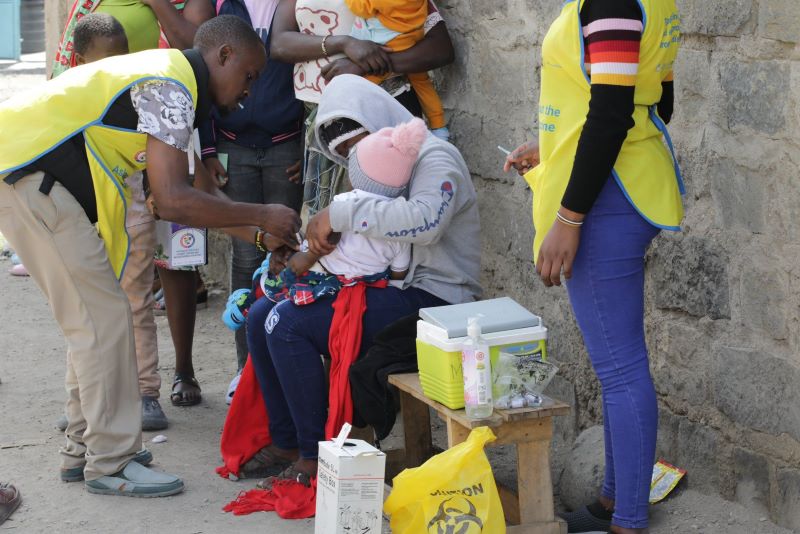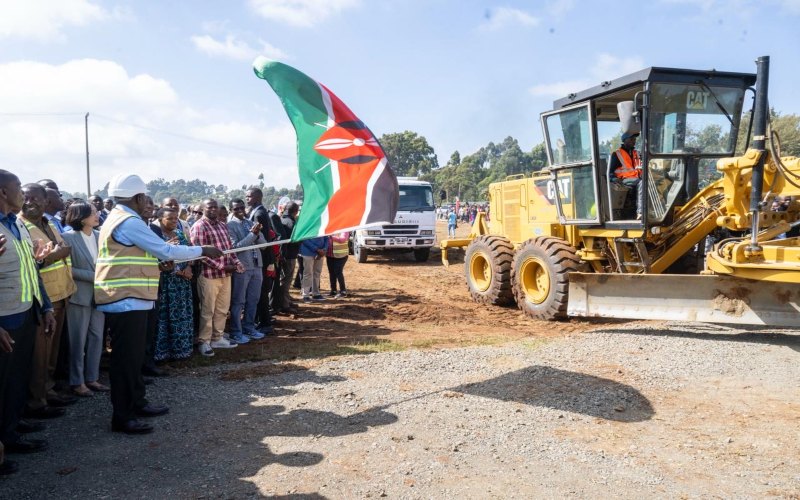Blow to tea farmers as Cargill exits Mombasa Tea Auction after 40 years of dominance

The multinational company announced that it is shifting its focus to the origination and trading of wheat, maize, barley, and soybean.
Tea farmers across the country are grappling with a setback as Cargill Kenya Limited, the leading buyer at the Mombasa Tea Auction, exits the market after four decades.
The multinational company announced that it is shifting its focus to the origination and trading of wheat, maize, barley, and soybean, a move that could have significant repercussions for the tea industry.
More To Read
- Tea board to probe workers paid without farms in crackdown on fraudulent earnings
- Farmers accuse KTDA of favouring Eastern regions in bonuses
- National Assembly probes tea bonus disparities after farmer complaints
- National Assembly to probe tea sector over low bonuses and uneven pricing
- Relief for tea farmers as subsidised fertiliser arrives at Mombasa Port after months of delay
- KTDA suspends staff travel, training in cost-cutting drive amid outcry over farmers' bonus cuts
Cargill’s exit from the auction, which is the largest of its kind in East Africa, is expected to impact both tea prices and farmers' earnings.
The Mombasa Tea Auction is a key marketplace for Kenyan tea, as well as for tea from Uganda, Tanzania, Rwanda, Burundi, and occasionally Mozambique and Ethiopia.
With the American company no longer participating, several other major players are poised to benefit, including Global Tea Commodities, Chai Trading Company, LAB International, James Finlay, and Mombasa Coffee, which together control half of the market.
Other companies such as Devchand Keshavji, Aditya Birla Global Trading, MJ Clarke, Abbas Traders, and Van Rees are also expected to gain from Cargill’s departure.
Currently, there are 82 companies active in the Mombasa Tea Auction, including Cargill, which has been a dominant force in the market for years.
A spokesperson for Cargill confirmed to Business Daily the decision to exit the auction, though they did not provide a specific reason for the move.
“We can confirm Cargill has announced its decision to close its tea handling business in Mombasa, Kenya, affecting 40 positions. We are working closely with impacted employees to ensure a smooth transition process,” the spokesperson said as quoted by Business Daily.
The company has been gradually reducing its purchases from the auction since last year, signalling a possible shift in focus or challenges in the tea market.
In the nine months to September, Cargill purchased 22.6 million kilogrammes of tea, mostly from Kenya, making up 5.86 per cent of the total tea bought at the auction. This drop in purchase volume follows a 44 per cent reduction from 2022, when Cargill bought 38.7 million kilogrammes, down from 68.7 million kg the previous year.
At its peak in 2022, Cargill was the top buyer at the auction, purchasing 13.3 per cent of the total tea, worth approximately $180 million (Sh23 billion) annually.
However, as its market share decreased over time, the company’s presence in the auction diminished, and it is now focusing on its other business segments in Kenya, including grain trading in Nairobi and Nakuru.
The exit is expected to create downward pressure on tea prices, potentially reducing farmers' incomes at a time when they were hoping for improvement through ongoing sector reforms in Kenya.
Top Stories Today















































